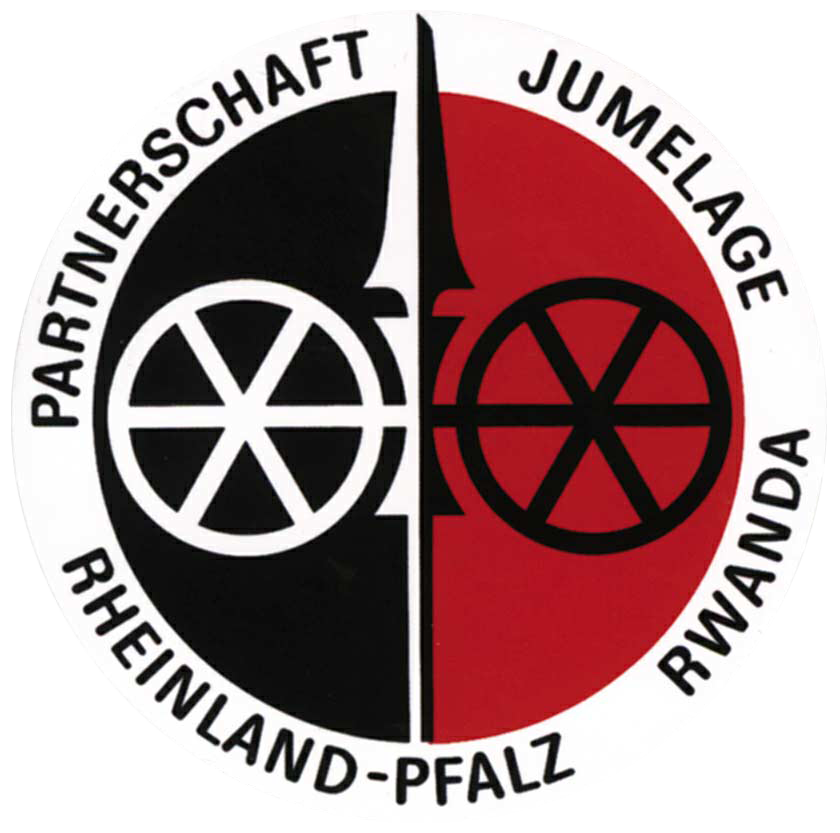Jeanluc Ishimwe
Former "Weltwärts" volunteer South-North at Frauenlob-Gymnasium in Mainz

Hi Jeanluc! In 2019/20, you spent a year volunteering in Rhineland-Palatinate at Frauenlob-Gymnasium in Mainz as part of the “Weltwärts” programme. How did it come about?
My former school, Ecole Rusatira, is the official partner of Frauenlob-Gymnasium. There has been an exchange programme between the two schools for several years. In 2016, I had the chance to come to Mainz and make new friends with whom I am still closely connected. After that, I really wanted to come back and that's why I decided to apply for a voluntary service.
What were your tasks and what did you like in particular?
During my voluntary service, I worked in various fields, from helping with homework to leading extracurricular classes on Rwanda. I wanted to teach the children about the culture of my home country in a playful way, so I showed them traditional dances and we drummed together. At the end, we organised a performance that was a lot of fun for all of us.
What were your impressions and experiences when you arrived in Mainz and how did the students behave towards you?
I was received with great interest from all sides. Contrary to my expectations, people also put a lot of trust in me and I was able to quickly prove my abilities. I was especially happy to see how I could help breaking stereotypes about Rwanda and the African continent through my work. I assumed the children would not be interested in me and my experiences, but that was not true at all. The pupils trusted me very much and often wanted to establish close ties. Once, a boy was crying - I gave him my scarf and said, "Now you look cool, so you don't need to cry anymore.” This comforted him. As a parting gift, I was given a pair of socks with the Mainz logo on them. I look at those from time to time, smile and remember all these experiences.
What role do exchange programmes play in our partnership from your point of view?
I think they are very important. The image people have of a country is often not based on information at all, but rather on experiences and encounters. If I, as a young Rwandan, answer the children's questions and they get to know me as a confidant, they will associate all this with Rwanda and no longer think that Rwanda, like supposedly all countries in Africa, is just poor and full of desert. Germany is often considered a country of education and information, but knowledge about Africa and Rwanda in particular is limited. I also think it would be useful if there were exchange opportunities for teachers - I think we could learn a lot from each other.
Today, you are involved in the youth network Ejo-connect Rwanda. What does this work mean to you and what are your wishes for the future of the network?
Ejo-connect brings together many young people who are working together for the future of the partnership, but also for our home country. I think it's great to be part of this and to contribute my ideas. In my view, it takes many young people with their various ideas and opinions to shape the partnership of the future and to start new projects. The experience that our voice is heard can strengthen the partnership in the long term. I would like Ejo-connect to continue to grow so that we can deal with even more topics in further subgroups and make a broader contribution to society.
 Partnerschaftsverein Rheinland-Pfalz/Ruanda e.V.
Partnerschaftsverein Rheinland-Pfalz/Ruanda e.V.